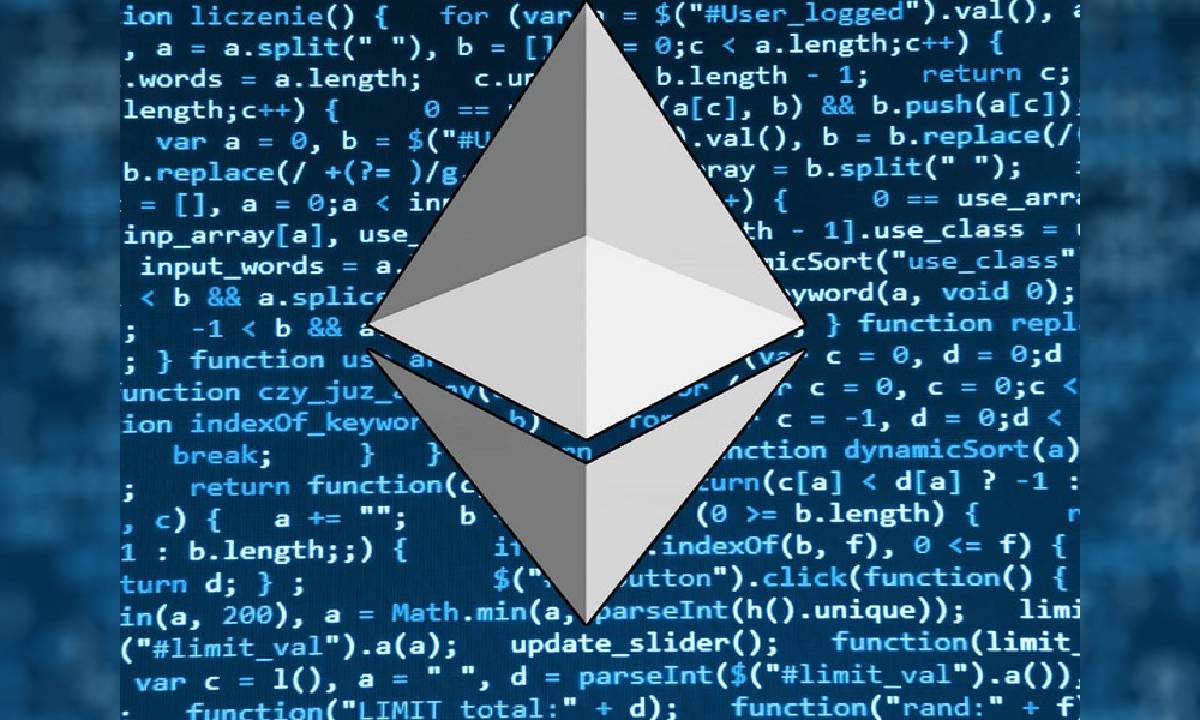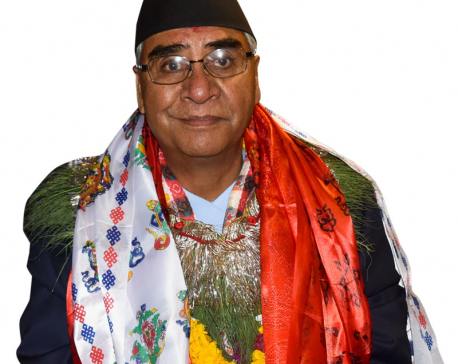
OR
#OPINION

Nepal should also replace representative democracy with direct democracy. Until then, we have to keep electing young and competent politicians in the general elections. It is always good to see Millennials sweeping into public offices.
The entire country was shut down for a whole day to conduct the election peacefully on November 20, 2022. Sadly, less than 50 percent of the eligible voters were able to vote in the general elections. Many people in Nepal who could not travel to their respective constituencies and those living abroad were not able to cast a ballot. Voting in 2022 should have been as easy as logging into a social media account and clicking the like button. The good thing is that many young and competent candidates were elected this time around even though the election was conducted in a manner fit for the 18th Century.
People in the 21st Century should be able to register on a voting app from any part of the world just by getting authenticated with government-issued identification. Once people log into the system, they should be able to view brief details of the candidates of their respective constituencies. A facility to add a link to the websites or social media profiles of the candidates should be built into the system. Ideally, such a voting system should allow citizens to cast their votes on the blockchain network via their personal computers or smartphones.
Blockchain is a digital ledger of transactions that is duplicated and distributed across the entire network of computer systems on the blockchain. Every time a new transaction occurs on the blockchain, a record of that transaction is added to every participant’s ledger. Bitcoin and Ethereum are the most popular applications built on blockchain technology. The word Bitcoin with capital B is used to refer to the blockchain network and the word bitcoin with lowercase b is used to denote the cryptocurrency. Likewise, the term Ethereum refers to the blockchain network while Ether is used to denote the cryptocurrency. However, Bitcoin and Ethereum are born of different political philosophies even though they are based on blockchain technology.
Bitcoin is in confrontation with the state as it was created to give people a way to transfer value or some equivalent number of tokens without any interference from the central bank. Ethereum, on the other hand, is in the business of co-existing with the state. Ethereum was built to provide a platform to monetize operations of smart contracts and decentralized applications built on the Ethereum network. Therefore, Ethereum’s philosophy is to REIMAGINE the existing dysfunctions of political economy, corrupt democratic institutions, and neoliberalism instead of replacing them. Ethereum still faces a challenge of scalability, but the good news is that projects like Polygon, Arbitrum, and Optimism are all working to provide faster, cheaper transaction layers for Ethereum while still leveraging the security and solidarity of the base layer.
Ethereum was co-founded by a Canadian techie by the name of Vitalik Buterin in 2015. He was involved with the Bitcoin Community since its inception and co-founded Bitcoin Magazine in May 2012 when bitcoin’s price was around USD 5.14. Vitalik Vision was to create a token on which culture can be built. Ethereum is programmable to allow people to build and deploy a decentralized application on its network and allow people to decide how they organize themselves on its digital infrastructure. For instance, the Ethereum community can collectively create the infrastructure conditions for new forms of governance and propose alternatives to replace dysfunctional processes of organizing humanity that we have inherited for thousands of years. Ethereum dreams of improving the current political and bureaucratic dysfunctions by advocating a transformation based on Minarchism.
Minarchists believe the state should only exist to maintain law and order as a “Night-watchman state” meaning the government would still maintain the military, police, courts, fire departments, prisons, and legislatures, but would have no ability to interfere with the capitalist interactions and transactions of the people. Borrowing from Minarchism, the Ethereum community, in 2016, developed Decentralized Autonomous Organizations (DAOs) using smart contracts on the Ethereum blockchain. DAOs can be confusing for the older generation because they are used to one or a few people at the top making decisions on the behalf of everyone. DAOs are a rethink of top-down management because all members must vote if a change is to be implemented. Also, no one can modify the rules without being detected because DAOs are open and transparent.
Centralized analogues of the traditional world will likely disappear because DAOs are internet-native organizations collectively owned and managed by their members. Furthermore, DAOs are an entity with no central leadership. Thus, decisions are made from the bottom up, governed by a community organized around a specific set of rules enforced on a blockchain. Decisions are made via proposals on which the members must vote. A more interesting aspect of this innovation is built-in treasuries that can only be accessed with the approval of the members.
It is possible to join DAOs through the ownership of tokens. Those with tokens get voting rights and may influence how the organization operates by deciding on or creating new governance proposals. Proposals will only pass after getting approval from the majority of stakeholders. All decisions are made through proposals on which the members have to vote, ensuring that everyone in the organization has a voice. An increasing number of people see DAOs as a solution to curtailing corruption in government and political organizations because they are extremely transparent and efficient.
Political parties, bureaucracy, parliament, and banks will be replaced with DAOs in the future. Harvard Law School Forum on Corporate Governance describes DAOs as the unincorporated business organization that operates on blockchain software and is run directly by those who have invested in it. DAOs are fundamentally an internet community with a shared purpose with no physical headquarters, offices, directors, hired managers, other leaders, or even employees because governance rules and the parameters for its decision-making are ENCODED into the blockchain software making management essentially self-executing. Once DAO’s purpose and rules are established and the codes reflecting them are created, human involvement is not necessary unless a member wishes to propose changes to the community’s purpose. Despite the immense potential, it will probably be a while before DAOs get legal recognition in a backward-looking country like Nepal.
The United States has maintained its leadership status as a country promoting disruptive innovation by legally recognizing DAOs to allow civilization-changing technologies to evolve. A few states in the US have already legally recognized DAOs. The state of Vermont, Wyoming, and Tennessee Currently recognize DAOs as legal entities. Centralized organizations will likely be replaced with DAOs in the near future because they are efficient, transparent, immune to corruption, resistant to external pressure, and highly scalable. Also, the operating costs will be dramatically reduced when government agencies and departments are decentralized.
DAOs will completely transform societies around the world. Nepal would probably ban DAOs because cryptocurrencies have been banned since 2017. Banning cryptocurrencies is going to harm Nepal’s digital future. Vitalik recently criticized Singapore’s strict crypto regulation. In a recent interview, he said, “The city-state’s willingness to make a distinction between blockchain usage and cryptocurrency is like one of those weird things. The reality is if you don’t have cryptocurrency, the blockchain that you are going to have is just fake and nobody’s going to care.”
In a politically correct manner, Vitalik was trying to say that banning cryptocurrencies and allowing only blockchain technology is one of the stupidest things a government can do. The crypto sector has again faced a setback after the collapse of FTX. However, Vitalik seems to have a different point of view. For him “FTX collapse validates the view that centralized anything is by default suspect, but blockchain base layers and decentralized-finance protocols worked flawlessly.” It seems the flawless technology that can potentially replace representative democracy with direct democracy is already here. Elon Musk is also a proponent of direct democracy. He once said, “The form of government on Mars would be a direct democracy, not representative. So, it would be people voting directly on issues. And I think that’s probably better because the potential of corruption is substantially diminished in a direct versus representative democracy.”
It is safe to conclude Elon Musk and Vitalik Buterin are on to something to transform human civilization for the better. Nepal should also replace representative democracy with direct democracy. Until then we have to keep electing young and competent politicians in the general elections. It is always good to see Millennials sweeping into public office.
You May Like This

Whither Political Ideology
There was a time when politics was taken as a field of study with deep interest and politicians were given... Read More...

Leftists come together to overrule democracy – PM Deuba
BHAKTAPUR, Oct 20 : Prime Minister Sher Bahadur Deuba has said those forces wanting to murder democracy have now united. Read More...

Turkish prez committed to principles of democracy: NTCCI
KATHMANDU, July 20: Nepal Turkey Chamber of Commerce and Industry has said that Turkish President Recep Tayyip Erdogan is committed... Read More...





Just In
- NRB introduces cautiously flexible measures to address ongoing slowdown in various economic sectors
- Forced Covid-19 cremations: is it too late for redemption?
- NRB to provide collateral-free loans to foreign employment seekers
- NEB to publish Grade 12 results next week
- Body handover begins; Relatives remain dissatisfied with insurance, compensation amount
- NC defers its plan to join Koshi govt
- NRB to review microfinance loan interest rate
- 134 dead in floods and landslides since onset of monsoon this year













Leave A Comment